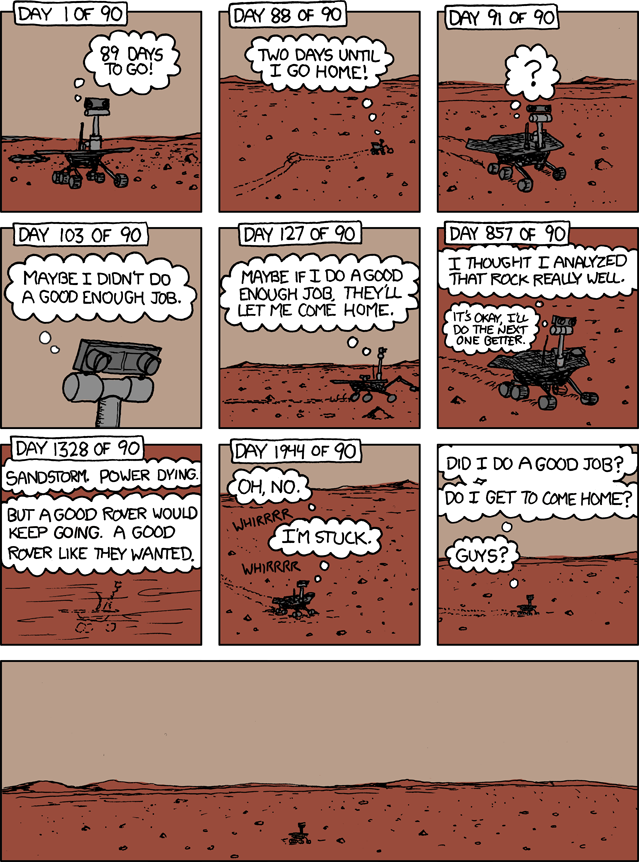Advertisement
If you have a new account but are having problems posting or verifying your account, please email us on hello@boards.ie for help. Thanks :)
Hello all! Please ensure that you are posting a new thread or question in the appropriate forum. The Feedback forum is overwhelmed with questions that are having to be moved elsewhere. If you need help to verify your account contact hello@boards.ie
Help Keep Boards Alive. Support us by going ad free today. See here: https://subscriptions.boards.ie/
The future of Manned Spaceflight
Comments
-
-
-
-
-
-
Advertisement
-
-
-
-
-
-
Advertisement
-
-
-
-
-
-
-
-
-
-
-
Advertisement
-
-
-
-
-
-
-
-
-
-
Advertisement
-
Advertisement
 https://www.youtube.com/watch?v=m8PlzDgFQMM
https://www.youtube.com/watch?v=m8PlzDgFQMM https://www.youtube.com/watch?v=RQhNZENMG1o
https://www.youtube.com/watch?v=RQhNZENMG1o https://www.youtube.com/watch?v=Ownzbb1mKxs
https://www.youtube.com/watch?v=Ownzbb1mKxs
 https://www.youtube.com/watch?v=-gNTGV334wA
https://www.youtube.com/watch?v=-gNTGV334wA https://www.youtube.com/watch?v=AgCR_DODE_Q
https://www.youtube.com/watch?v=AgCR_DODE_Q https://www.youtube.com/watch?v=pnwIIrYGl1c
https://www.youtube.com/watch?v=pnwIIrYGl1c https://www.youtube.com/watch?v=02U3mBgxXYM
https://www.youtube.com/watch?v=02U3mBgxXYM https://www.youtube.com/watch?v=1cFdhyVtNUw
https://www.youtube.com/watch?v=1cFdhyVtNUw https://www.youtube.com/watch?v=p176UpWQOs4
https://www.youtube.com/watch?v=p176UpWQOs4